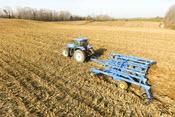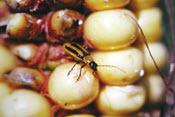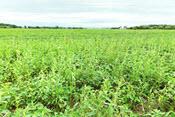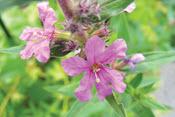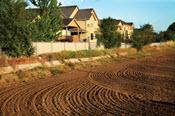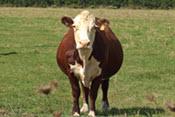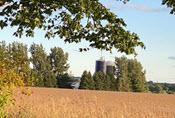#plant22 checklist
Growing successful crops includes the right equipment, good soil health and seed selection.
by Colleen Halpenny
With spring planting just around the corner, now is the time to invest in the steps to get your crops off to their best potential start.
We have connected with producers, experts, and advisors to bring you top reminders and tips to ensure your 2022 season garners top results.




